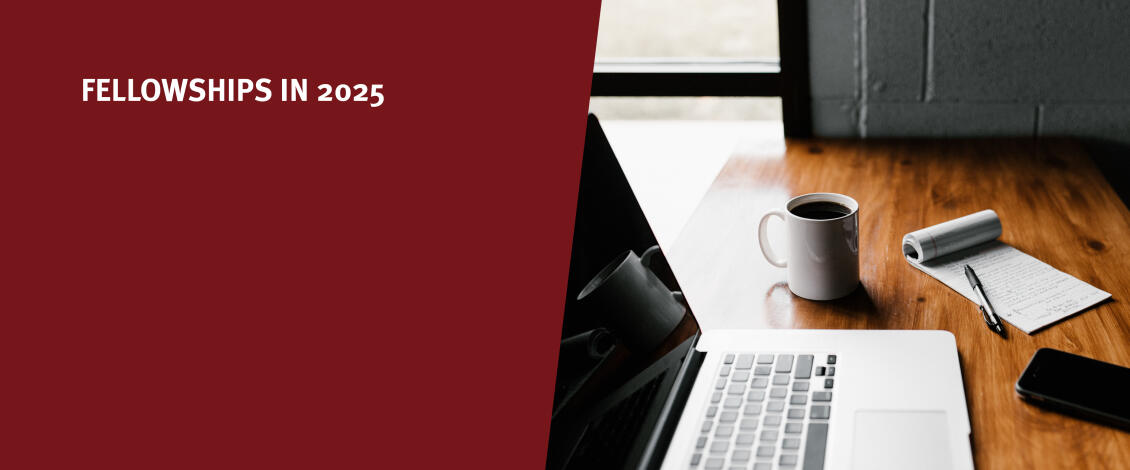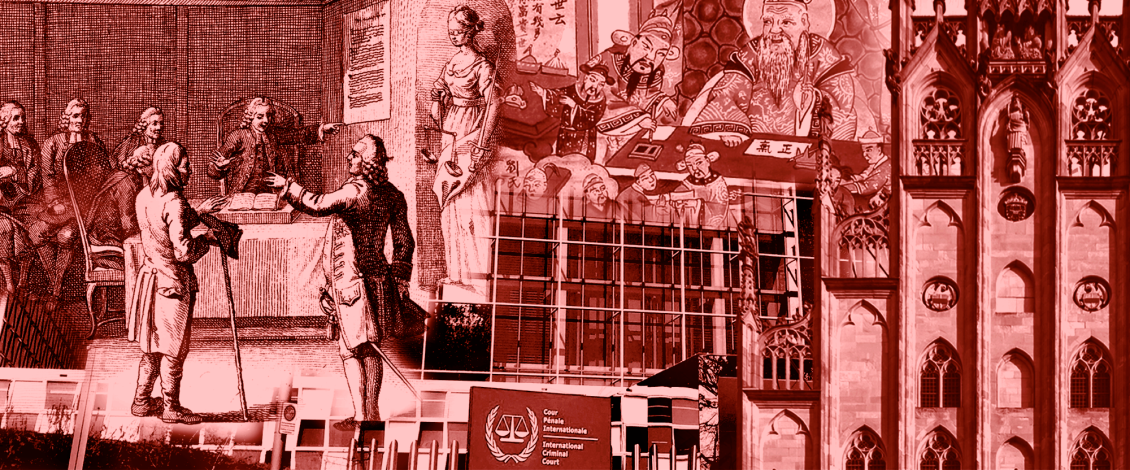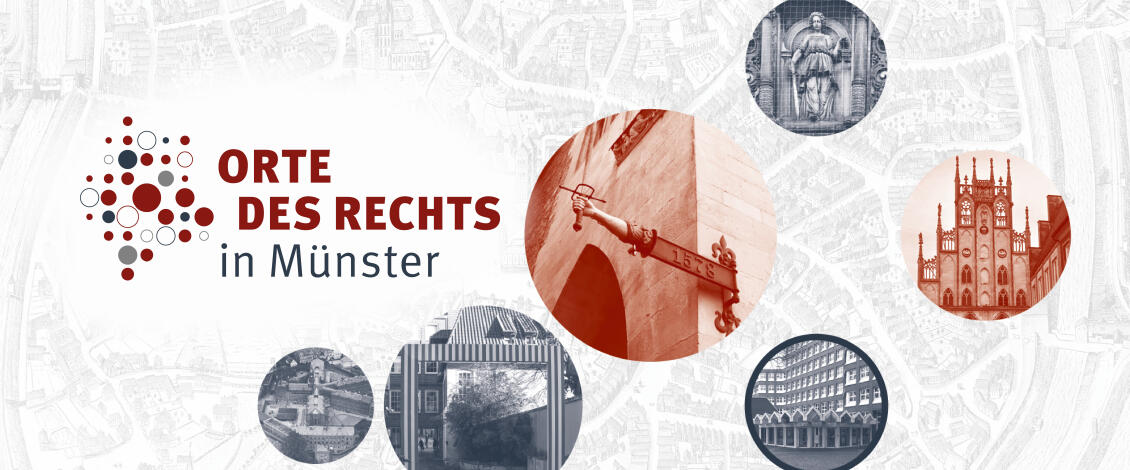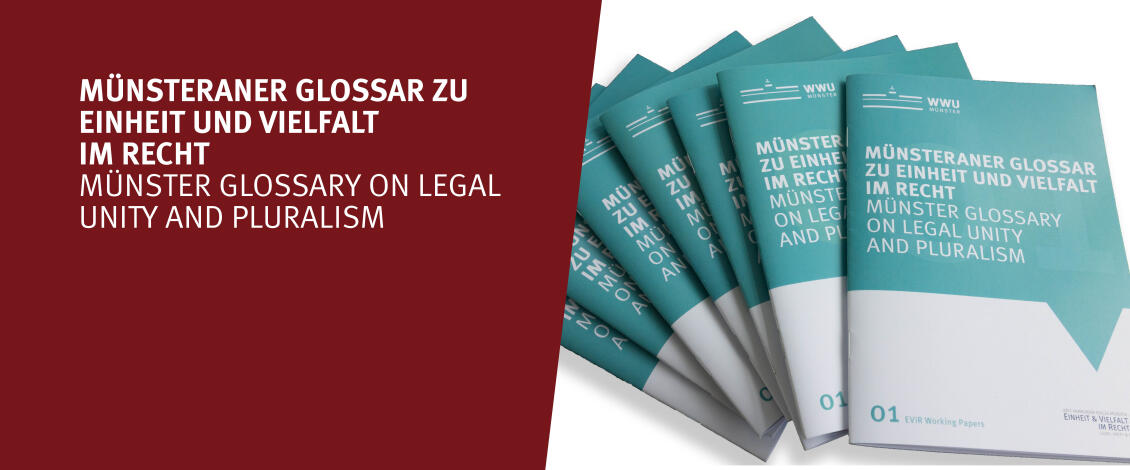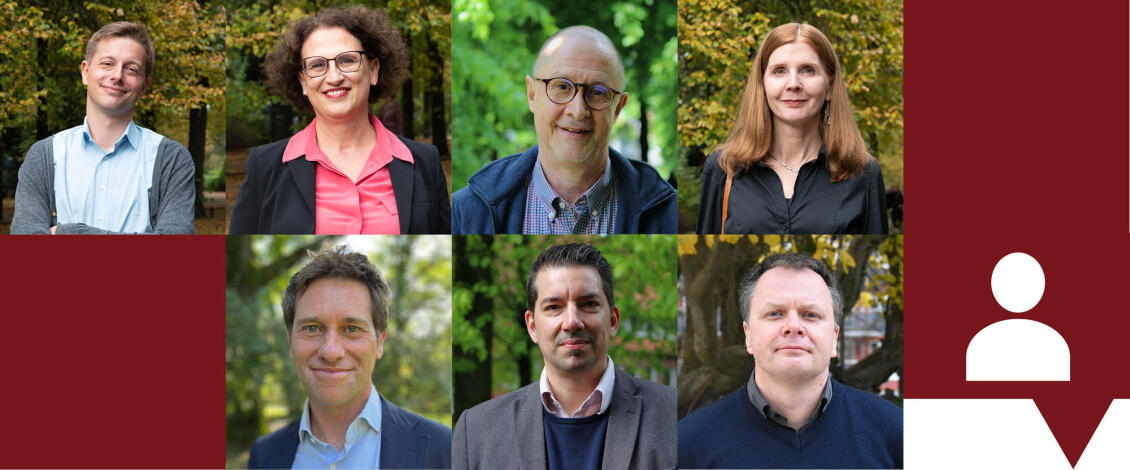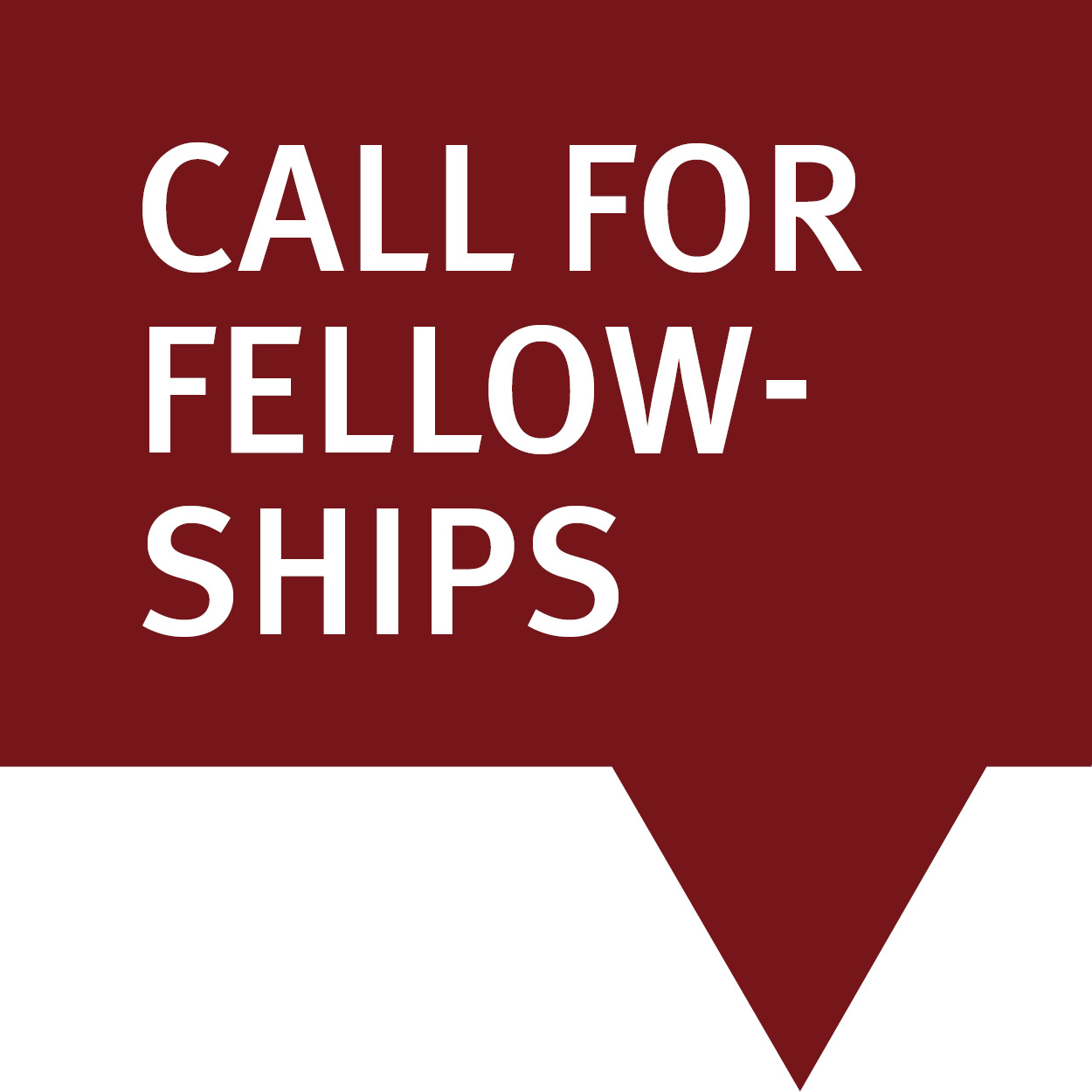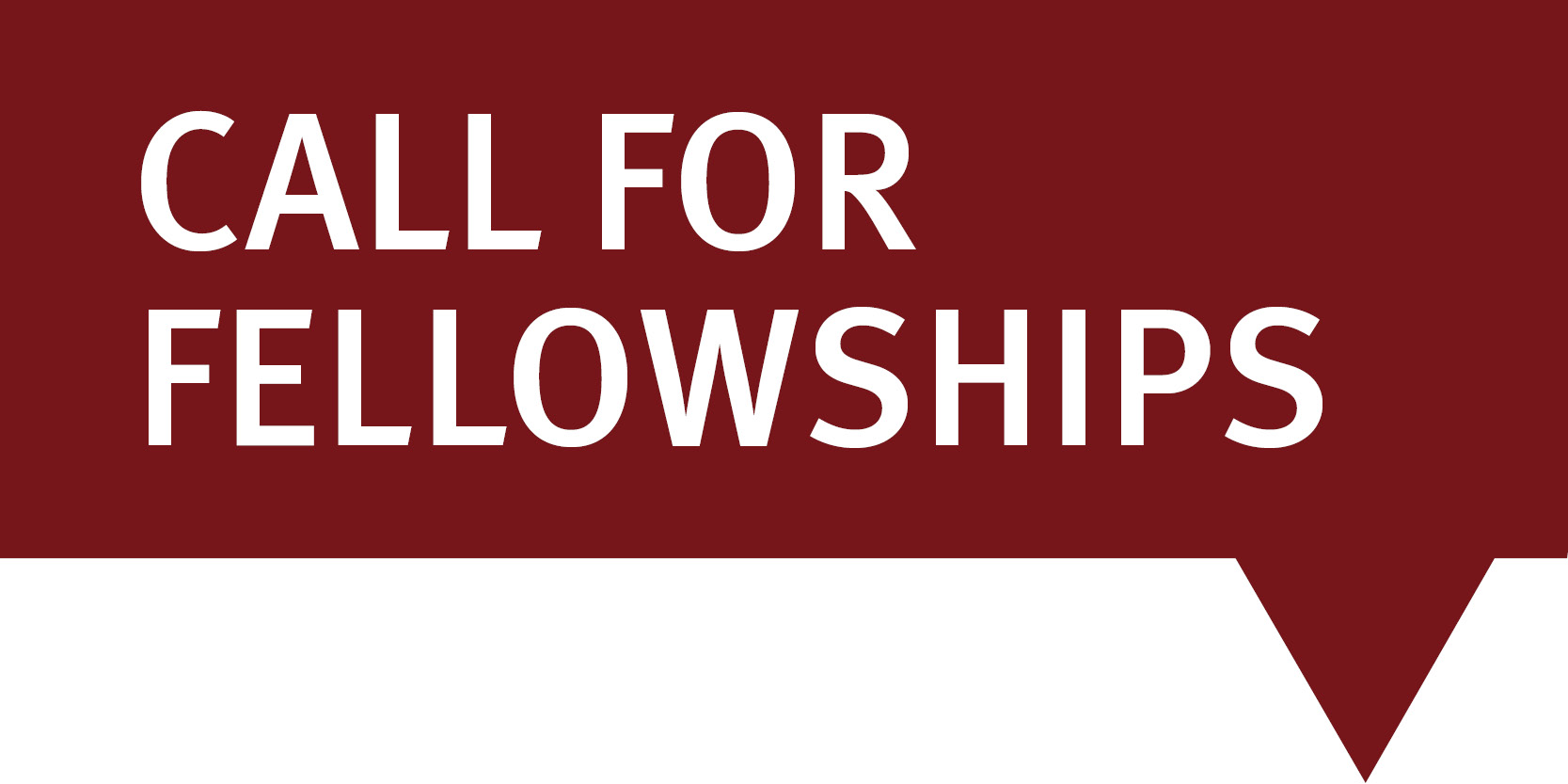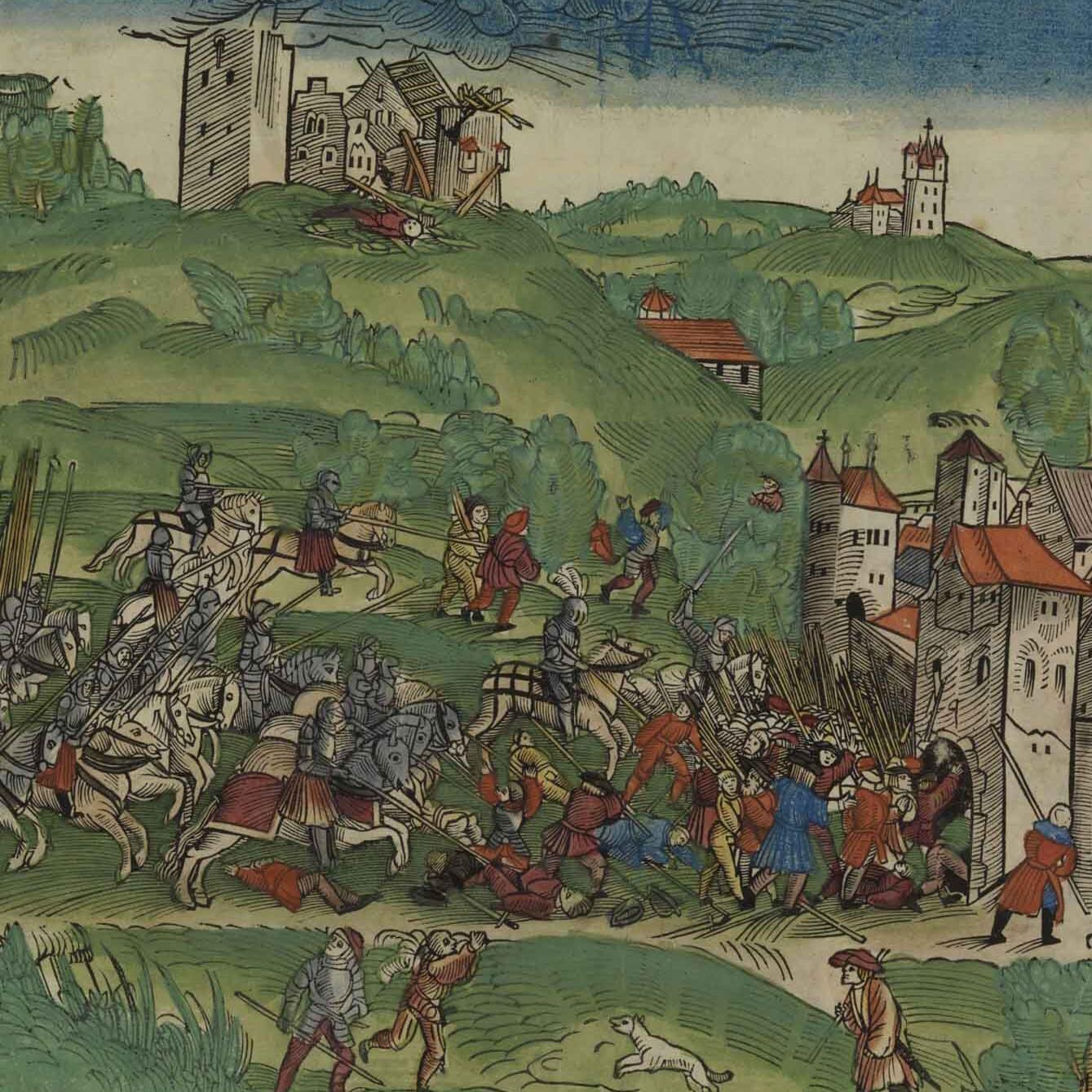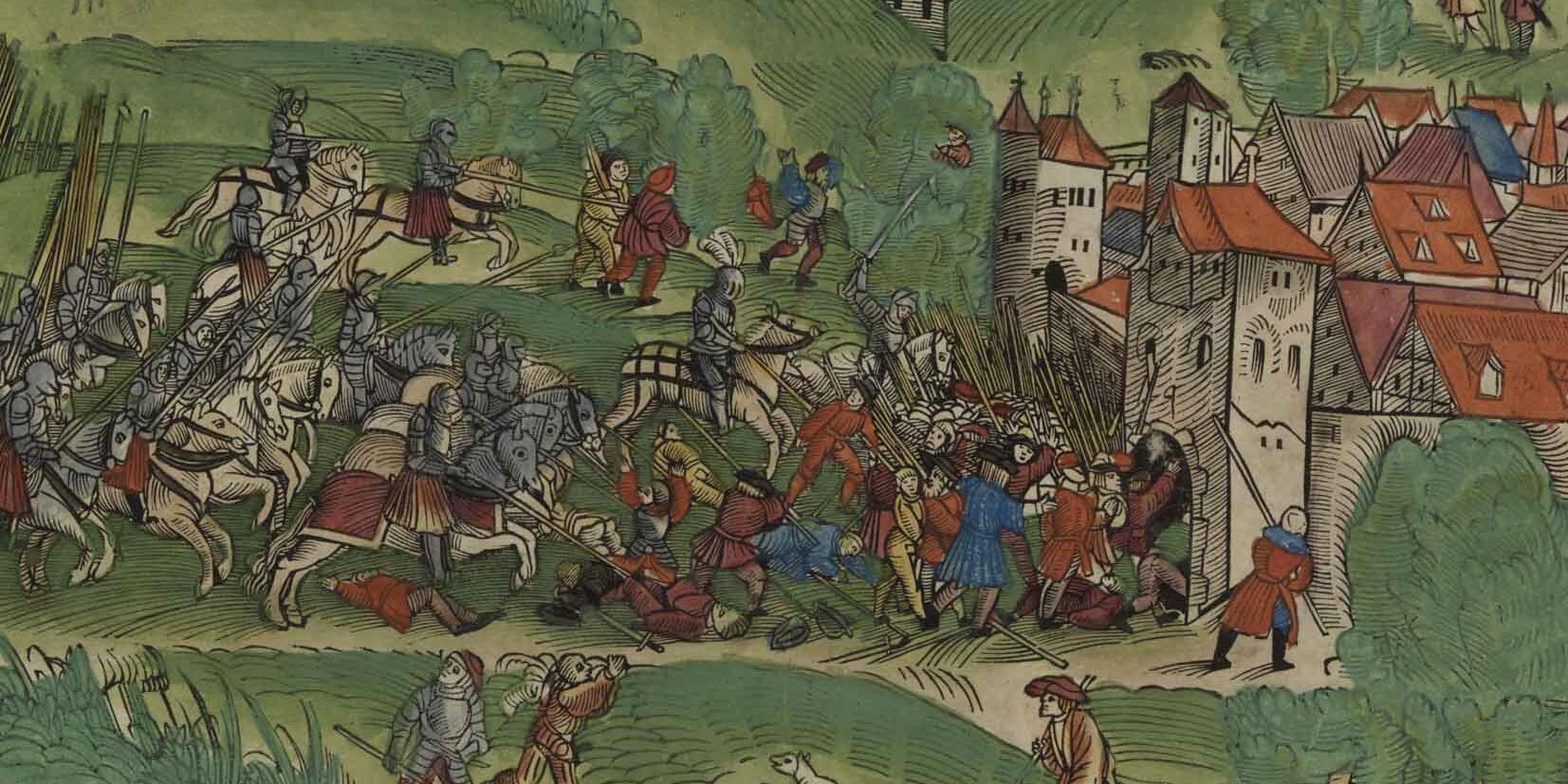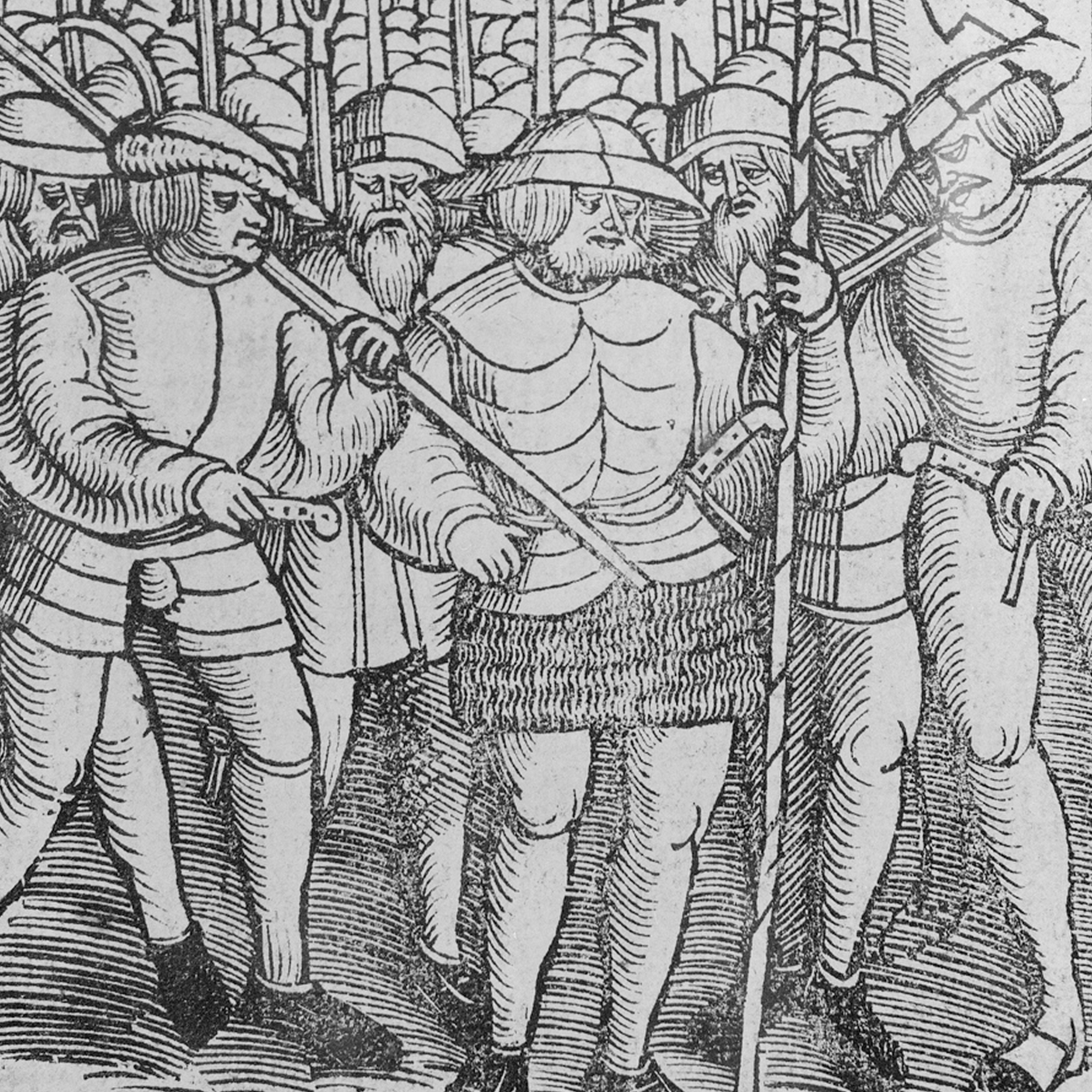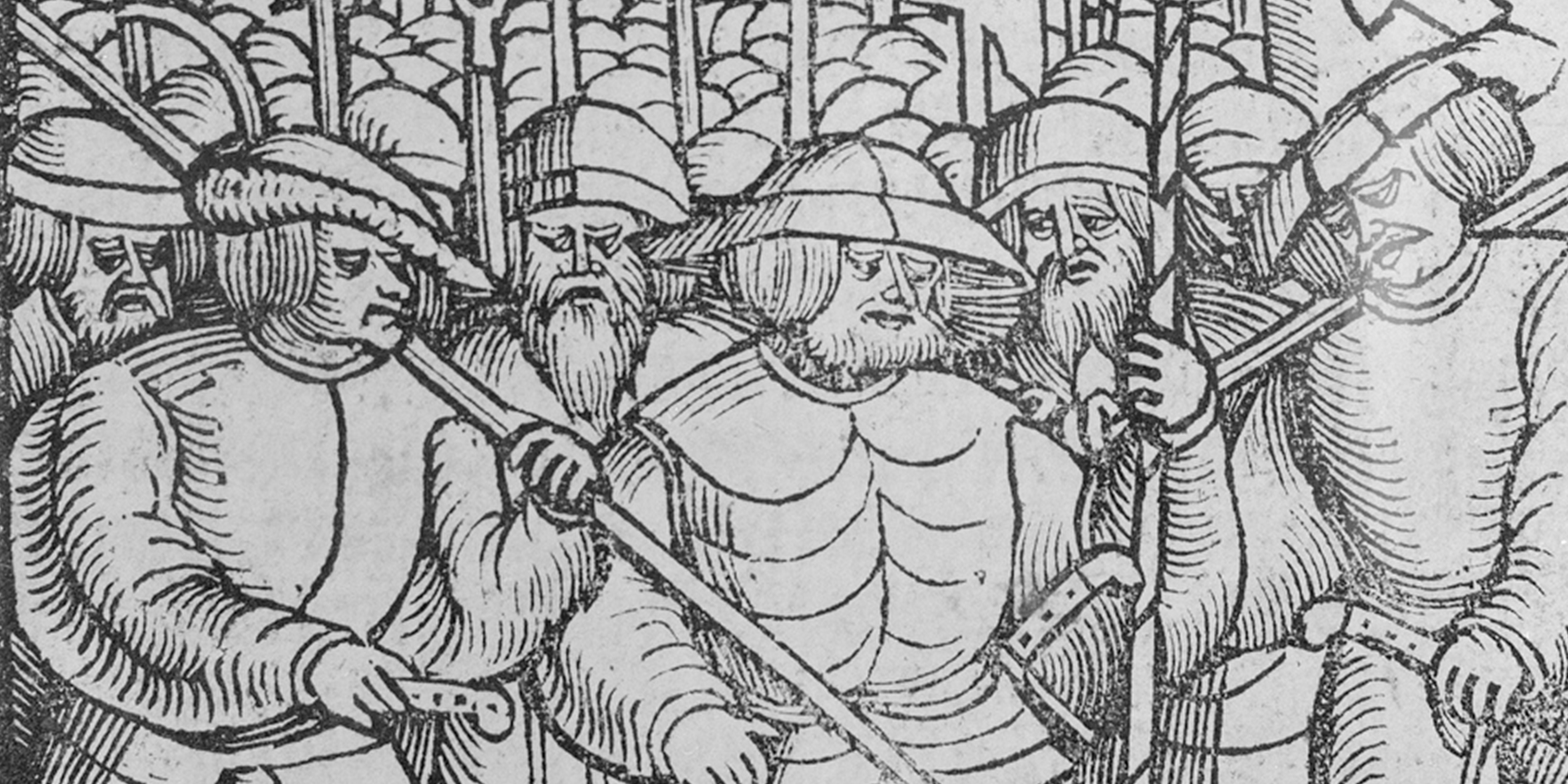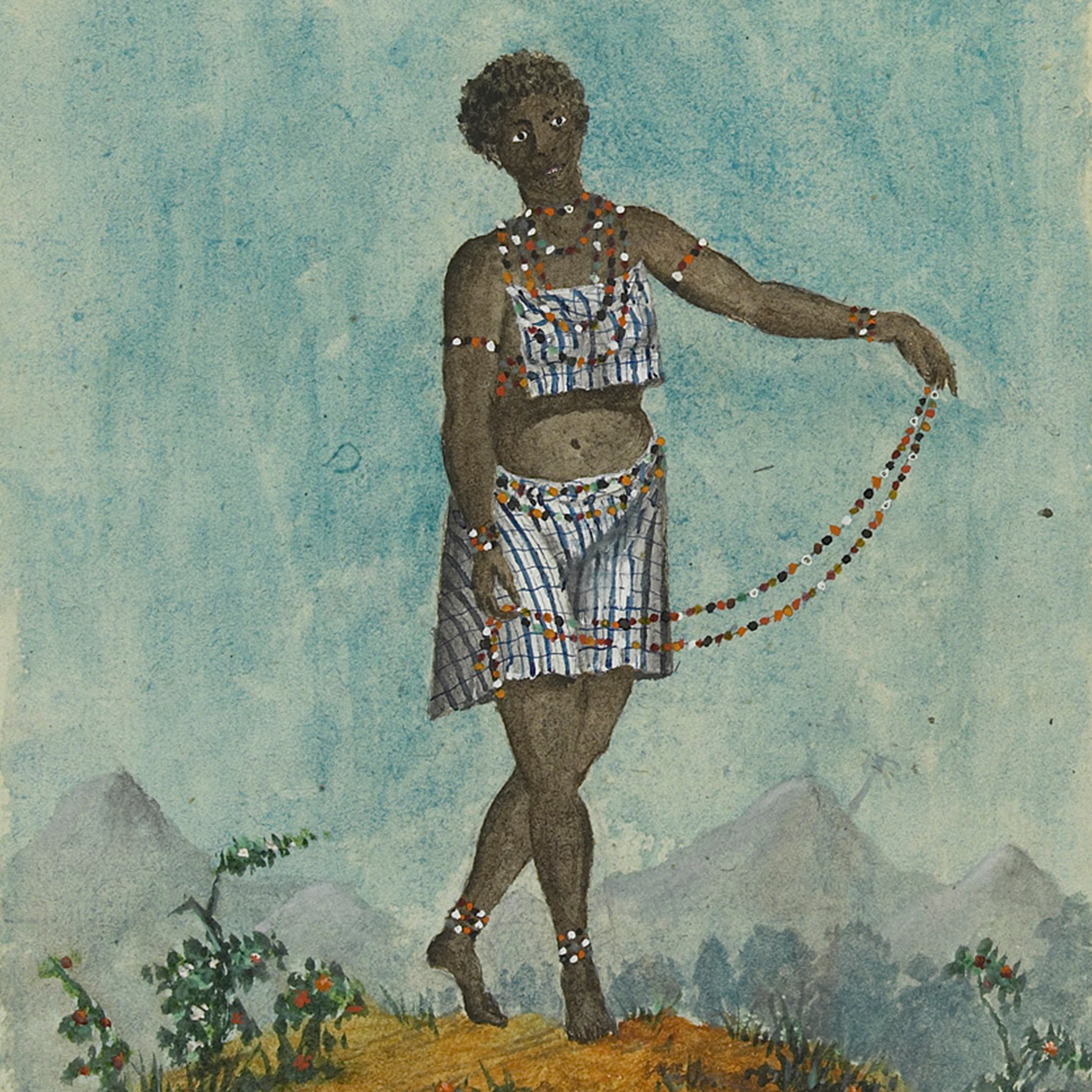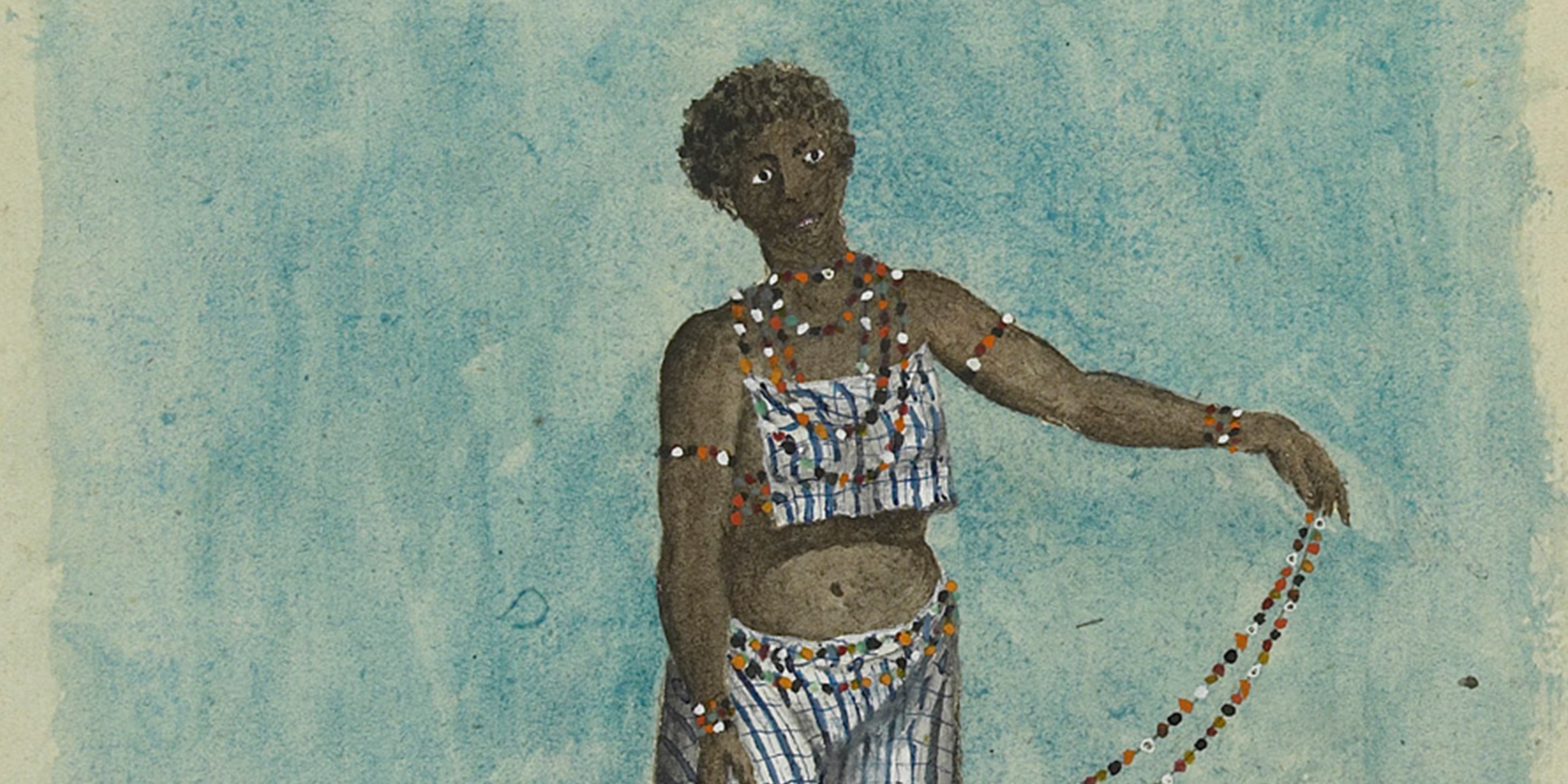Käte Hamburger Kolleg Münster
"Legal Unity and Pluralism"
The Käte Hamburger Kolleg „Legal Unity and Pluralism” (EViR) at the University of Münster has been funded by the Federal Ministry for Education and Research since 2021. Fellows from all over the world, together with scholars from Münster, examine the dynamic tension between legal unity and pluralism from antiquity to the present. This is the first attempt to systematically investigate the phenomenon in its entire historical depth and across disciplinary boundaries.


